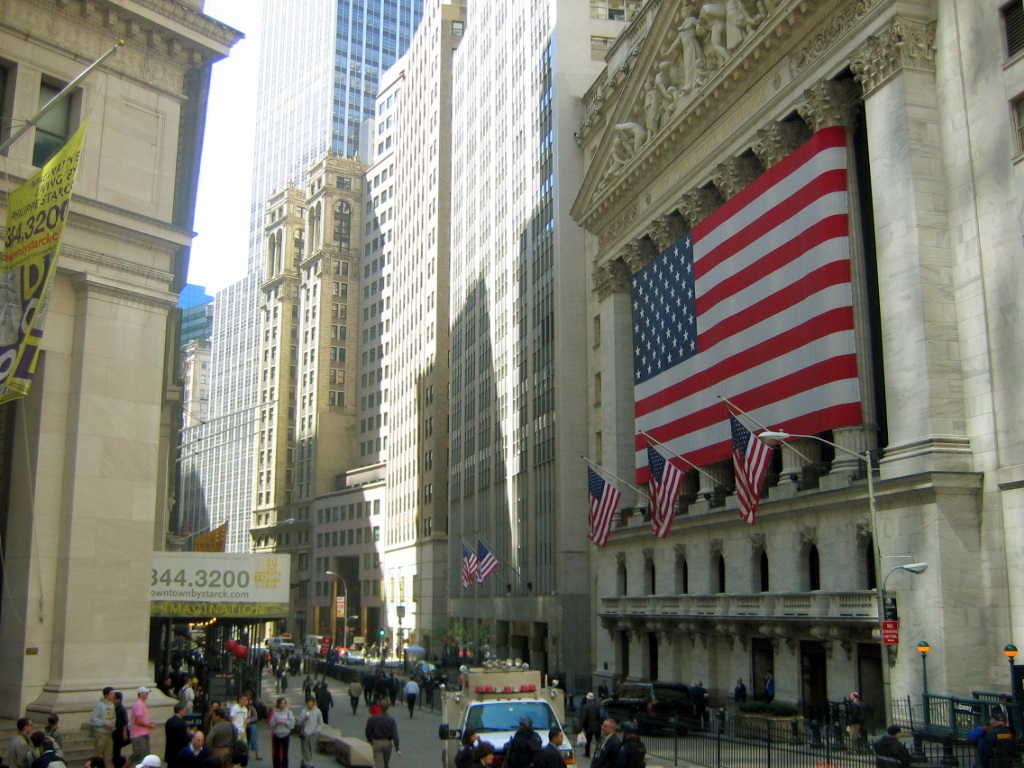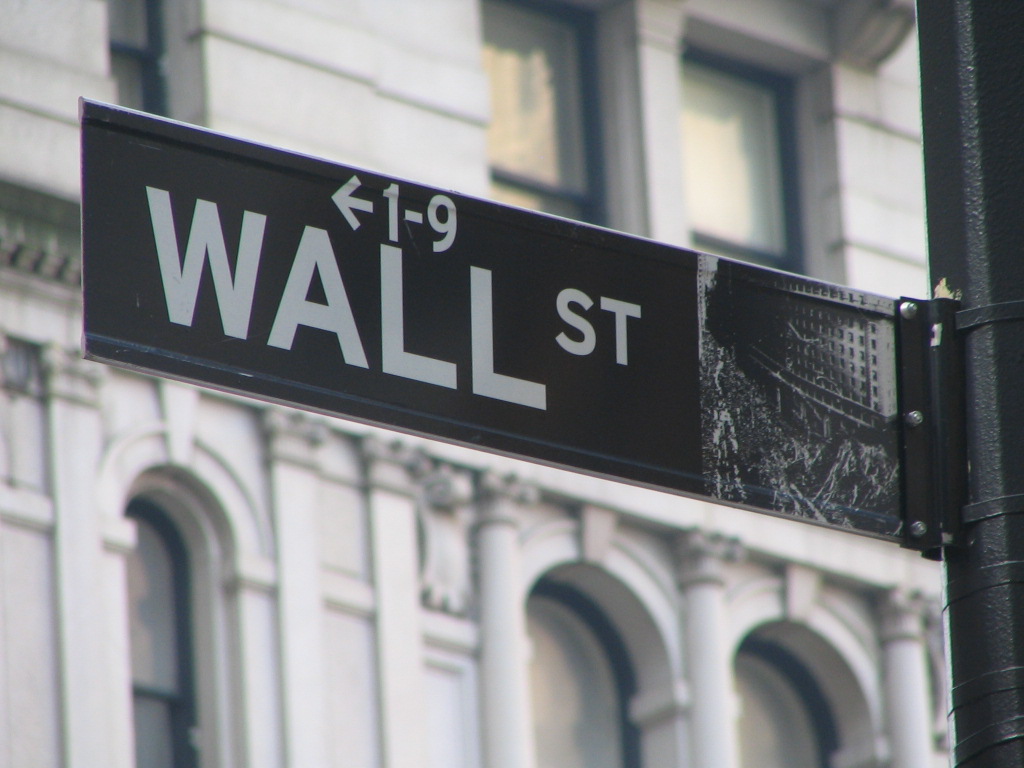
Financial markets loathe uncertainty. At any point in time, the market prices of stocks, bonds, and commodities such as oil and gold, reflect the collective “best guess” as to what our economic future holds. Uncertainty as to who will be the next resident of 1600 Pennsylvania Avenue, and what economic policies he or she will promote causes volatility in financial markets.
Markets have risen and fallen following sharp changes in the presidential polling, where one candidate has surged or fallen, as markets try to incorporate the changing probabilities of who might get elected and the economic policies that they might pursue. At times, it seems that the stock market hangs on every word spoken by the candidates. For example, in the third quarter of 2015, Mrs. Clinton started “talking tough” about pharmaceutical pricing. As a result, billions of dollars of equity market value of pharma companies evaporated overnight. Similarly, Mr. Trump has “talked tough” on trade, which negatively affected the market value of some American companies which rely heavily on exports.
The more uncertain the political future is, the riskier investors deem stocks to be, and they therefore demand a higher expected return for their uncertainty. Even though certain policies of one candidate may be more or less favorable in the long run, markets tend to place a heavier emphasis on near term certainty and therefore can prefer a known outcome to an uncertain outcome.
If Mrs. Clinton pulls ahead, even if she is less pro-business, the stock market may still go up, because there is less short term uncertainty, and the market can incorporate the effects of her anticipated economic and social policies on individual sectors of the stock market, such as pharmaceuticals and industrial exporters. Following the September 26th presidential debate, the general consensus was that Mrs. Clinton outperformed Mr. Trump, but not with a knockout blow. Polling after the debate said that Mrs. Clinton increased her lead from 2.3% to 3.1% in the polls, which is a solid amount in this extremely close election. In the week of her solidified and increasing lead, the equity market, specifically the S&P 500, rose 1%. During the last week, Mr. Trump has had difficulty dealing with past actions and statements, which is hurting his position in the most recent polls.
If one candidate emerges strongly in the time before the election, and the theory holds true, we should expect to see increasing equity prices in the short term. However, if the candidates draw closer, the market will remain volatile until the results of the election are more certain. Of course, this does not begin to address the house and the senate, with regulations in tax and trade policy that continue to affect the market.

Financial markets loathe uncertainty. At any point in time, the market prices of stocks, bonds, and commodities such as oil and gold, reflect the collective “best guess” as to what our economic future holds. Uncertainty as to who will be the next resident of 1600 Pennsylvania Avenue, and what economic policies he or she will promote causes volatility in financial markets.
Markets have risen and fallen following sharp changes in the presidential polling, where one candidate has surged or fallen, as markets try to incorporate the changing probabilities of who might get elected and the economic policies that they might pursue. At times, it seems that the stock market hangs on every word spoken by the candidates. For example, in the third quarter of 2015, Mrs. Clinton started “talking tough” about pharmaceutical pricing. As a result, billions of dollars of equity market value of pharma companies evaporated overnight. Similarly, Mr. Trump has “talked tough” on trade, which negatively affected the market value of some American companies which rely heavily on exports.
The more uncertain the political future is, the riskier investors deem stocks to be, and they therefore demand a higher expected return for their uncertainty. Even though certain policies of one candidate may be more or less favorable in the long run, markets tend to place a heavier emphasis on near term certainty and therefore can prefer a known outcome to an uncertain outcome.
If Mrs. Clinton pulls ahead, even if she is less pro-business, the stock market may still go up, because there is less short term uncertainty, and the market can incorporate the effects of her anticipated economic and social policies on individual sectors of the stock market, such as pharmaceuticals and industrial exporters. Following the September 26th presidential debate, the general consensus was that Mrs. Clinton outperformed Mr. Trump, but not with a knockout blow. Polling after the debate said that Mrs. Clinton increased her lead from 2.3% to 3.1% in the polls, which is a solid amount in this extremely close election. In the week of her solidified and increasing lead, the equity market, specifically the S&P 500, rose 1%. During the last week, Mr. Trump has had difficulty dealing with past actions and statements, which is hurting his position in the most recent polls.
If one candidate emerges strongly in the time before the election, and the theory holds true, we should expect to see increasing equity prices in the short term. However, if the candidates draw closer, the market will remain volatile until the results of the election are more certain. Of course, this does not begin to address the house and the senate, with regulations in tax and trade policy that continue to affect the market.